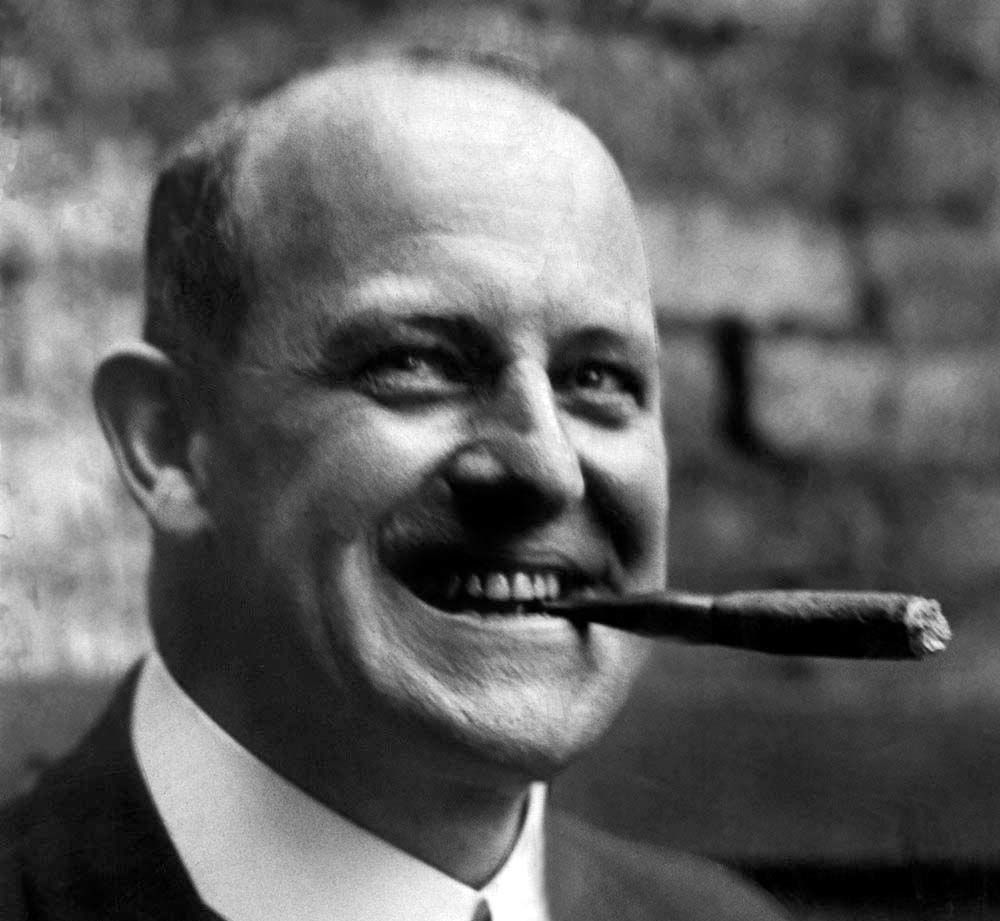
PG Wodehouse
and Cricket 

The creator of ‘Jeeves’ was an ardent cricket fan.
This might not be a surprise considering that Wodehouse was an Englishman and
was up at Dulwich College, an English public school, at the turn of the 19th
century.
But the link between England’s arguably greatest comic
writer and England’s national passion runs much closer than that. PGW actually
appeared in flannels no less than six times at the Lord’s cricket ground. In
fact, his first captain at the cricketing Mecca was none other than Sir Arthur
Conan Doyle, the creator of Sherlock Holmes.
Pelham Grenville Wodehouse was knighted in 1975, long
overdue at the age of 93. He died just 45 days later. Perhaps the comical irony
of the situation overpowered him. He adored the game just as he adorned
literature. He needed no title. The burden of the award literally took away the
simple pleasures of life that he loved and treasured.
PGW gave birth to Jeeves, the patron saint of all
butlers in English literature. The name ‘Jeeves’ he pilfered from that of a
Warwickshire county cricketer, who had lost his life at war in 1916 in France.
However Wodehouse, typical of his whimsicality, always maintained that he saw
Jeeves playing for Gloucestershire!
He played regularly for Dulwich College as a medium
pacer. He once observed that while he began with the new ball, from the other
end bowled Knox, the future Test cricketer. And then in his self-deprecating
style added, “Yes, Knox was 10 at the time.” Actually, Wodehouse was 18 and
Knox 15.
Later even when he had settled in USA, his attention
was never diverted from his juvenile passion. He kept in touch with cricket,
particularly English university and county cricket, through journals and
newspapers and the books that John Arlott, the doyen of cricket commentators,
would send him.
References to cricket were regularly seen in his
writings. But a touch ironical was his utterance in an interview to BBC in 1975
where he mentioned that he preferred baseball to cricket! Was this a typical
wodehousian sense of dry humour? Or, was it for real? This could not have been his actual feelings.
For PGW was totally engrossed with cricket. So much so that even in USA he was
a regular at the cricket meets at the Hollywood Cricket Club in Hollywood where
famous actors such as Charles Aubrey Smith (former England Test cricketer) and
Boris Karloff dominated and entertained.
However, when asked why did he prefer baseball to
cricket, PGW answered that at cricket you may go to the ground and find your
favourite team fielding the whole day, whereas at baseball you are certain to
see them perform and get an immediate result as well.
Nevertheless for a man with such deep-roots in
traditional cricket, it is difficult to digest that he actually thought the
shorter version was more to his liking. If this be really his actual view of
cricket, then most surely he would have welcomed Twenty 20 cricket with open
arms.
In Hollywood in the mid-thirties he enjoyed his
conversations with Gubby Allen, the then England captain, particularly about
the exploits of Larwood and Jardine in the ‘bodyline’ series of 1932-33.
Wodehouse did not come in touch with Bradman who had spent his honeymoon
playing 4 one-day matches in Hollywood with Arthur Mailey’s team in August 1932.
Most unfortunately, Wodehouse was not present in any of the fixtures and so two
of the greatest entertainers never did come face to face.
Cricket and literature have always been bedfellows:
subtlety and grace, form and content influenced one another. The leisurely
pattern of the game attracted the poet and the novelist. The apparel and the
manner of the players gave cricket an elevated position in the eyes of the
sensitive writers. In cricket, they found courage and character; fortitude and
intelligence; modesty and charm. The twists and the turns of the long drawn
affair developed a special affinity towards cricket.
Wodehouse’s prolific work contained numerous
references to cricket, its technicalities, its tactics. Decades before his
death when one-day cricket and run-restrictive bowling were not in fashion, the
highly knowledgeable Wodehouse mentioned, “... six yorkers per over and can’t
be scored off.” Even today, with T20 matches proliferating, not many coaches
realize the importance of this tactical acumen.
Wodehouse has written on cricket with deep interest,
wide knowledge and ardent feelings. Revealing a distinctive style of his own: the
laid back approach of a sensitive, enquiring, observant mind. No sensationalism
clouded his vision; no excitement rattled his composure. He was always his own
man. An elegant writer of fluid style. His wit is typically dry British humour,
but with a dash of originality that elevates him beyond the realms of the
humourous story-tellers.
In 1941 he was in an internment camp in Upper Silesia.
At the time he was 59, but the love for cricket still raged. Wodehouse
surprised his guards and other inmates as he turned his arm to bowl slow leg
spin. His batting never really flowered. He said that he was very consistent
with zero as his favourite score! He further added, “I would have made a
century if the boundaries had been closer.”
No comments:
Post a Comment